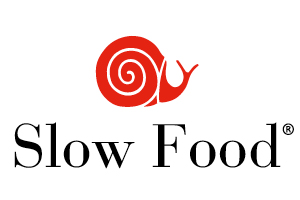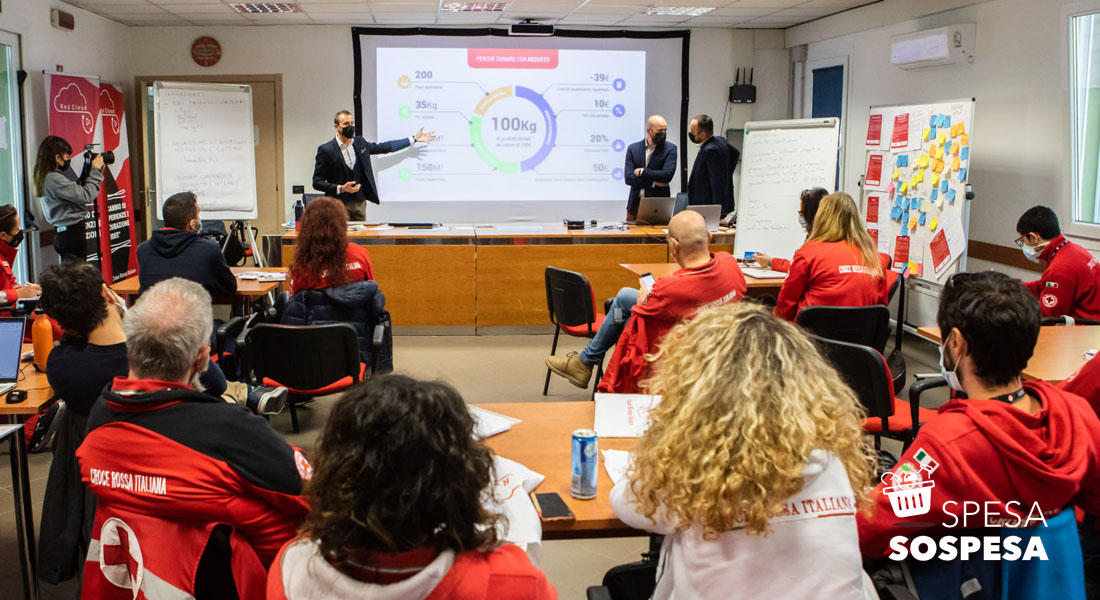Slow Food is a global network of local communities founded in 1989 to prevent the disappearance of local food cultures and traditions and counteract the rise of fast-food culture. Since its founding, Slow Food has grown into a global movement involving millions of people in over 160 countries, working to ensure that everyone has access to good, clean and fair food. Slow Food is the umbrella organization responsible for guiding the entire movement, which reaches millions of people every year. Today, we are The Food Movement. Slow Food promotes food that is good, clean and fair for all: Good because it is healthy in addition to tasting good; clean because it is produced with low environmental impact and with animal welfare in mind; and fair because it respects the work of those who produce, process, and distribute it. Slow Food is committed to defending wild and cultivated biodiversity as well as methods of husbandry and production. Slow Food’s goal is to fix the broken food system by moving toward diversified agroecological food systems.
To achieve this goal, we work to:
- Increase public awareness and change consumption trends, encouraging the adoption of more sustainable and eco-friendly diets and consumption patterns and working to change current policies;
- Change the food production model, promoting the transition to diversified agroecological food production;
- Change the policies connected to food at international, national, and local levels, improving food policy coherence.
To help bring about change, Slow Food operates through three levels of action: consumer awareness and education campaigns, active participation in political dialogue, and projects in the field.



